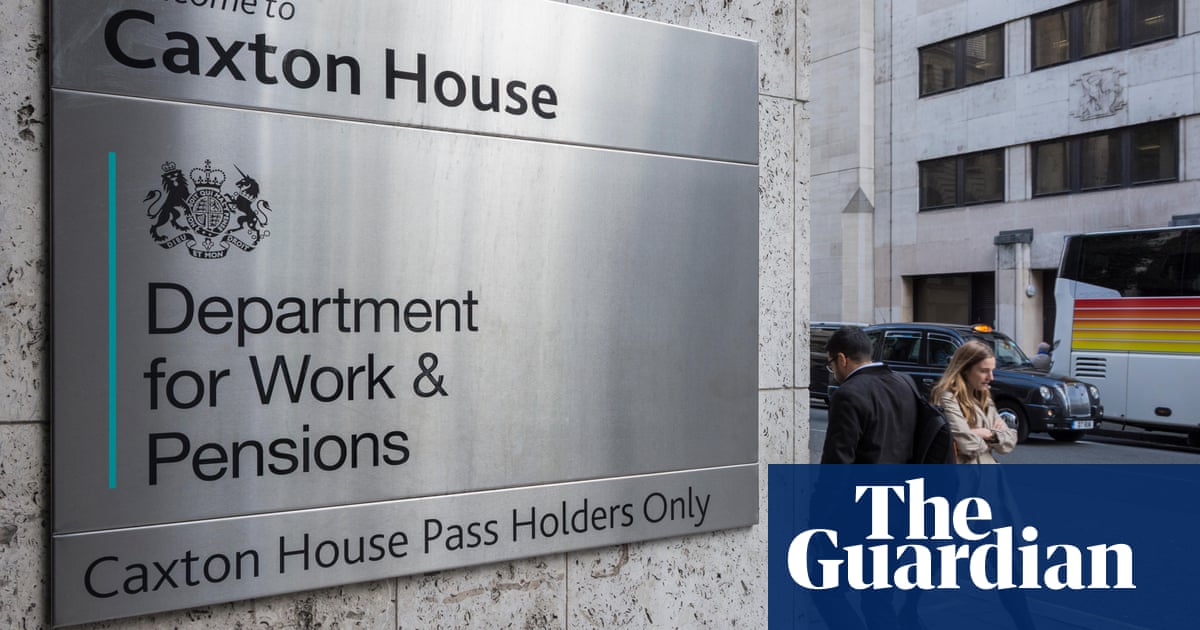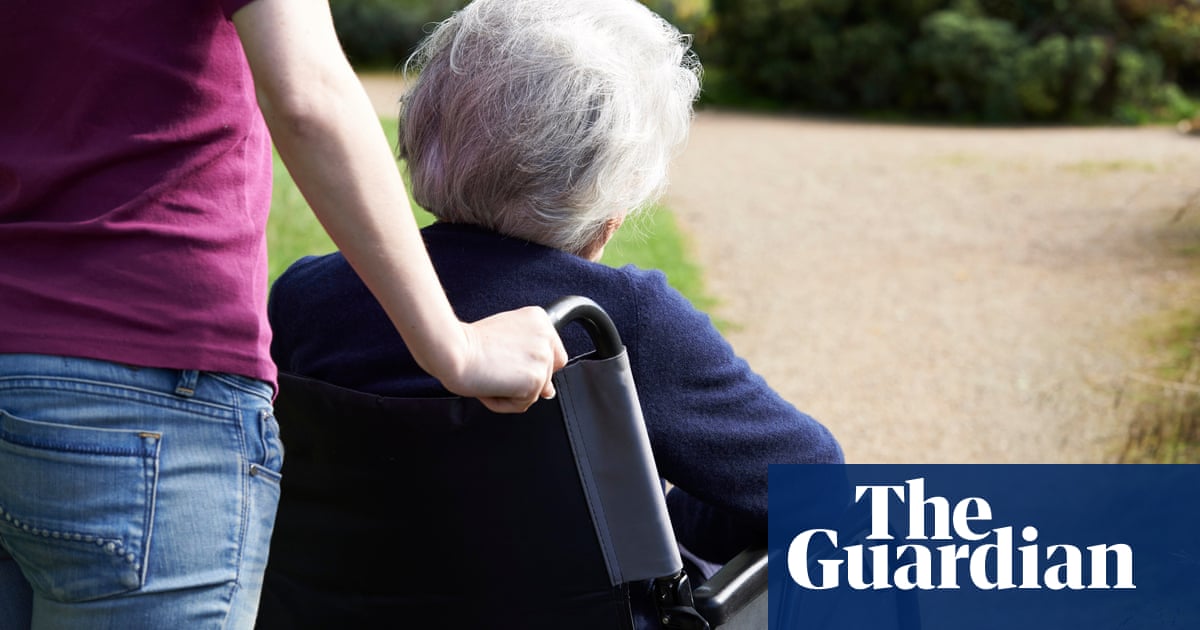
Although the carer’s allowance scandal caught the public attention in 2024, it has bubbled away under the radar for years, during which the Department for Work and Pensions (DWP) has variously denied there was a problem, then promised to fix the problem, then ignored it again, then once again promised to fix it.
Hundreds of thousands of unpaid carers suffered – and continue to suffer – unnecessarily as a result and hundreds of millions of pounds taxpayers’ money has been wasted.
As a Labour government launches an independent review of carer’s allowance and promises to fix what it calls “problems and mistakes” with the design and administration of a benefit claimed by more than 1 million carers, we trace 10 years of scandal, whistleblowing, bureaucratic failure, political neglect and groundhog day-style policy inertia.
2016
As problems continue, a DWP whistleblower writes to the then DWP permanent secretary, Sir Robert Devereux, complaining the failure to manage carer’s allowance overpayments is landing vulnerable carers with huge, avoidable debts and wasting millions of pounds. An internal audit reveals weaknesses in the system. A year later the DWP closes down the whistleblower’s complaint.
2018
With carer’s allowance processing backlogs reaching an all-time high, the DWP whistleblower complains about the problems to the new DWP permanent secretary Peter Schofield, and the then welfare minister, Sarah Newton. It emerges more than 10,000 carers could face fines, and more than 1,000 face prosecutions for fraud.
2019
The National Audit Office (NAO) and MPs on the Commons work and pensions select committee publish devastating reports on the DWP’s handling of carer’s allowance, criticising it for its slowness to recognise and address overpayment problems, and for its heartless treatment of carers, pursuing them for huge debts caused in many cases by its own failures.
At a select committee hearing, Schofield is asked three times if he will apologise for the department’s failings. He avoids direct answers but insists the problem is now under control. Tory MP Nigel Mills is sceptical: “We don’t want to get back here in three years’ time with another set of our of control overpayments on carer’s allowance.” Schofield says officials will consider sending text warnings to carers who breach earnings limits. Above all, he promises new data-matching technology will stop overpayments “in some cases before they happen”.
2020
After the 2019 general election, many of the MPs who raised the alarm on carer’s allowance overpayments lose their seats. As Covid strikes, momentum for reform of carer’s allowance dissipates. Although Schofield had promised MPs the whistleblower Enrico La Rocca would be protected, he is sacked, only to be reinstated a year later after representations by the Labour MP Stephen Timms (who is now, in 2024, the welfare minister).
2024
A Guardian investigation in April reveals that five years on, tens of thousands of carers are still being hit asked to repay huge sums, while others are being pursued through the courts for fraud. Far from stopping overpayments before they happen, by the end of April, 134,500 carers were repaying overpayments totalling £251m. As many as one in five carer’s allowance claimants run up overpayments. The DWP’s initial response to public outrage at the scandal is to suggest sending overpayment text warnings to carers. The NAO announces it will revisit its 2019 carer’s allowance investigation. DWP ministers are back before select committee MPs with another set of out-of-control overpayments.
In October, the new Labour government launches an independent review of how carer’s allowance overpayments were allowed to be accrued on such an industrial scale. At the budget it promises to fix the notorious earnings limit “cliff edge” penalties at the heart of the scandal. In November, with Schofield sitting beside her, the welfare secretary, Liz Kendall, tells MPs at a select committee hearing that DWP culture needs to change in respect of its treatment of vulnerable claimants. “We need to learn from the problems and the mistakes that were made [with carer’s allowance] to make sure they don’t happen again,” she says.












